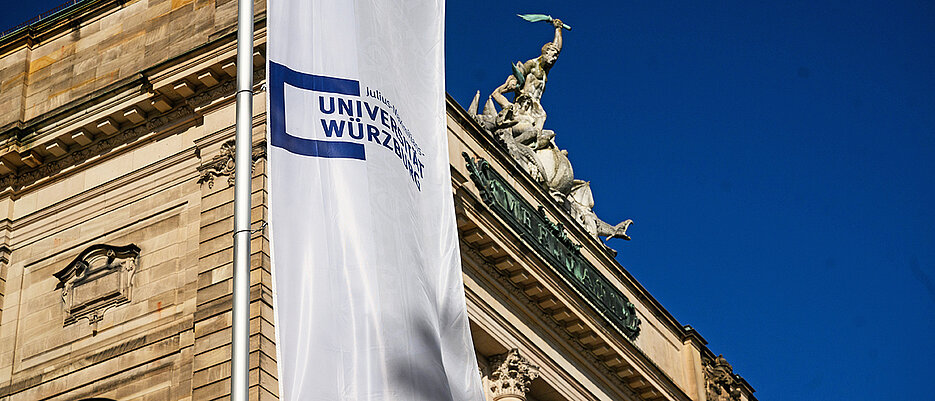
Researchers at Julius-Maximilians-Universität Würzburg (JMU) are celebrating a significant funding achievement from the German Research Foundation (DFG). The university has secured funding for a new Research Training Group (RTG) in medicine and an extension for an existing one in psychology, psychiatry, and neurobiology, amounting to a total of €11.5 million over the next five years.
The newly approved RTG, designated as RTG 3190, focuses on the process of thrombo-inflammation, a complex interaction between platelets, the coagulation system, and the body’s inflammatory responses. This RTG aims to address a crucial disease mechanism that has been linked to various medical conditions, including strokes, infections, autoimmune diseases, and severe injuries. Previous research had treated thrombosis and inflammation as separate entities, but growing evidence indicates that they are intricately connected.
The new RTG will engage doctoral researchers in interdisciplinary projects that explore how platelets interact with immune and vascular wall cells. They will investigate the molecular signaling pathways that drive these interactions. The research spans the entire translational spectrum, encompassing molecular studies in mouse models and clinical investigations involving human subjects. The goal is to uncover essential regulatory mechanisms of thrombo-inflammatory responses and identify potential therapeutic targets.
State-of-the-art methodologies will underpin the RTG’s work, employing techniques such as single-cell analyses, advanced bio-imaging, and intravital microscopy. These tools will provide unprecedented insights into platelet behavior under pathological conditions. The collaborative environment brings together diverse fields, including platelet and megakaryocyte biology, immunology, vascular biology, and experimental and clinical medicine.
Professor Bernhard Nieswandt, Chair of Experimental Biomedicine I at the University Hospital Würzburg (UKW) and research group leader at the Rudolf Virchow Center (RVZ), will lead RTG 3190, which is set to receive €5.477 million in funding over five years.
Extension Secured for RTG on Neural Mechanisms
In addition to the new funding, the existing RTG known as RTG 2660 – Neural Mechanisms of (Mal)Adaptive Approach and Avoidance Behaviour has successfully secured an extension for another four and a half years of funding. This RTG has been operational since 2021 and focuses on fundamental behavioral tendencies, specifically the inclination to approach positive stimuli while avoiding potential threats.
Disruptions to this balance can lead to psychological or neurological disorders, such as anxiety disorders, addiction, and Parkinson’s disease. By combining insights from psychology, psychiatry, and neurobiology, the researchers aim to better understand how these processes are represented and regulated within the brain.
The second phase of funding will emphasize experimental modulation, shifting the focus from merely characterizing approach-avoidance mechanisms to investigating how these behaviors can be intentionally influenced. This could involve learning experiences, training, or targeted interventions aimed at specific neuronal networks. The ultimate objective is to identify forms of plasticity that may enhance decision-making capabilities in clinical conditions.
Doctoral researchers involved in RTG 2660 will have access to a wide array of methodologies, ranging from behavioral studies in mouse models to functional imaging and virtual-reality paradigms in human subjects. The interdisciplinary collaboration and comprehensive qualification programs are designed to integrate findings across various research levels, thereby opening new avenues for understanding approach and avoidance behaviors.
The RTG is led by psychologist Professor Matthias Gamer, alongside a leadership team that includes Professor Grit Hein (Translational Social Neuroscience), Professor Andrea Reiter (Psychotherapy and Intervention Psychology), and Professor Philip Tovote (Clinical Neurobiology). The DFG is providing just under €6 million for this extended research initiative.
The funding success for both RTGs marks a significant step forward for early-career researchers at JMU, offering them invaluable opportunities to contribute to groundbreaking research in their respective fields.







